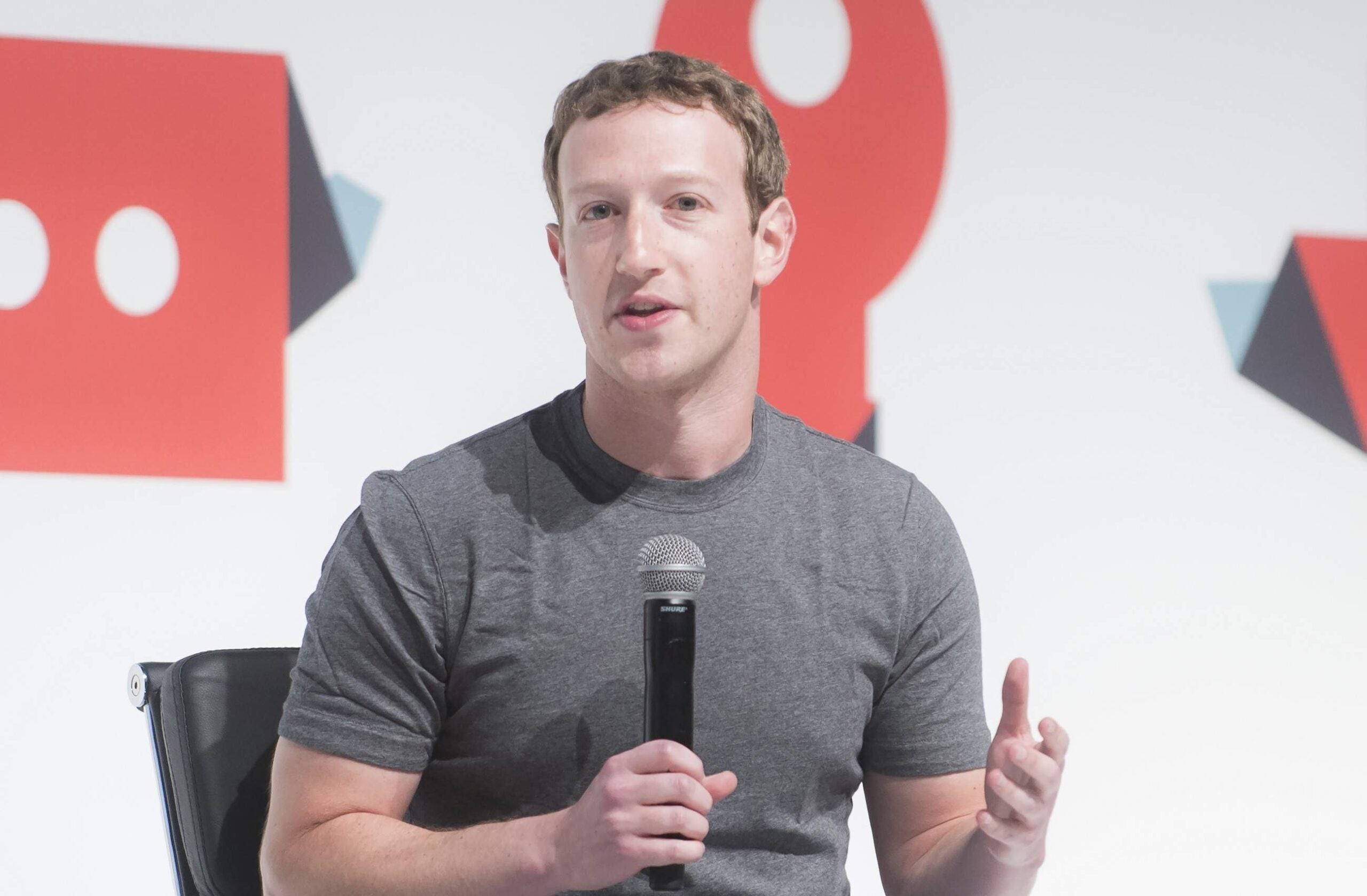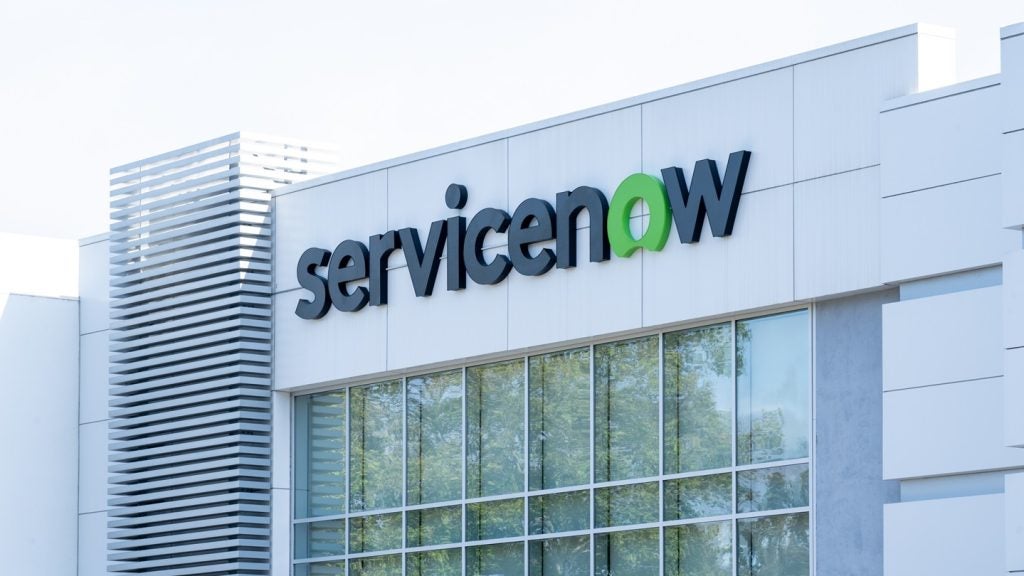
“Today’s threats are increasingly global, but the infrastructure to protect us is not. Problems like terrorism, natural disasters, disease, refugee crises, and climate change need coordinated responses from a worldwide vantage point. No nation can solve them alone.
A virus in one nation can quickly spread to others. A conflict in one country can create a refugee crisis across continents. Pollution in one place can affect the environment around the world. Humanity’s current systems are insufficient to address these issues.”
No, this isn’t a speech from Ban Ki-Moon, the UN’s secretary-general. This isn’t even a speech from a head of state from one of the world’s 196 countries. This is a statement from the co-founder and head of Facebook, Mark Zuckerberg.
It appears the tech mogul wants to offset all the bad things happening the world using the power of Facebook’s so-called global community, to create what he calls a “social infrastructure” for the globe.
He has written a more-than 5,000 word manifesto to explain how the social network can help people be more informed, civically engaged and, ultimately, more inclusive.
These comments reference the recent moves of Western countries becoming more insular and turn away from global issues.
For instance, the UK’s recent rejection of the European Union and US president Trump’s push for an ‘America First’ policy, are examples of what Zuckerberg has called the rejection of globalisation.
As well as putting forward his views on global issues, Zuckerberg addressed the criticism the platform has faced recently in terms of fake news and filter bubbles.
Tech giants like Facebook face a moral dilemma when it comes to fake news. They can indirectly benefit from hosting fake news platforms as advertisers want their ads to appear on sites which generate the most online traffic.
“I worry about these and we have studied them extensively, but I also worry there are even more powerful effects we must mitigate around sensationalism and polarisation leading to a loss of common understanding” wrote Zuckerberg.
He said the networks new approach will focus on showing a range of perspectives so that all views are represented but also tackling the concept of fake news.
“Our approach will focus less on banning misinformation, and more on surfacing additional perspectives and information, including that fact checkers dispute an item’s accuracy,” he added.
Is Zuckerberg toying with the idea of taking office?
BBC economics editor Kamal Ahmed has said this could be a signal Zuckerberg could be considering a political career, “with a very different message to that of president Trump.”
The Memo called it a “state of the union” address, and said it appeared to be his “next step towards a future presidential bid.”
However, when asked by the BBC the Zuck shrugged it off, saying: “I am not doing that now, it’s not the plan. The thing I really care about is connecting the world.”
It’s nothing new for tech moguls to want to change the world.
Bill Gates was an early proponent with the launch of the Bill & Melinda Gates Foundation back in 2000 with the view to tackling global health issues and poverty worldwide.
But Zuckerberg’s new manifesto does sound less altruistic and more political, at least with a small ‘p’.
And he has the biggest sounding board in the world with which to launch his political career and influence people — Facebook has around 1.86bn monthly users, up from 1.23bn in 2014.
He ended his statement saying: “There are many of us who stand for bringing people together and connecting the world. I hope we have the focus to take the long view and build the new social infrastructure to create the world we want for generations to come.”
It could well be that these new social infrastructures become Facebook® branded.







